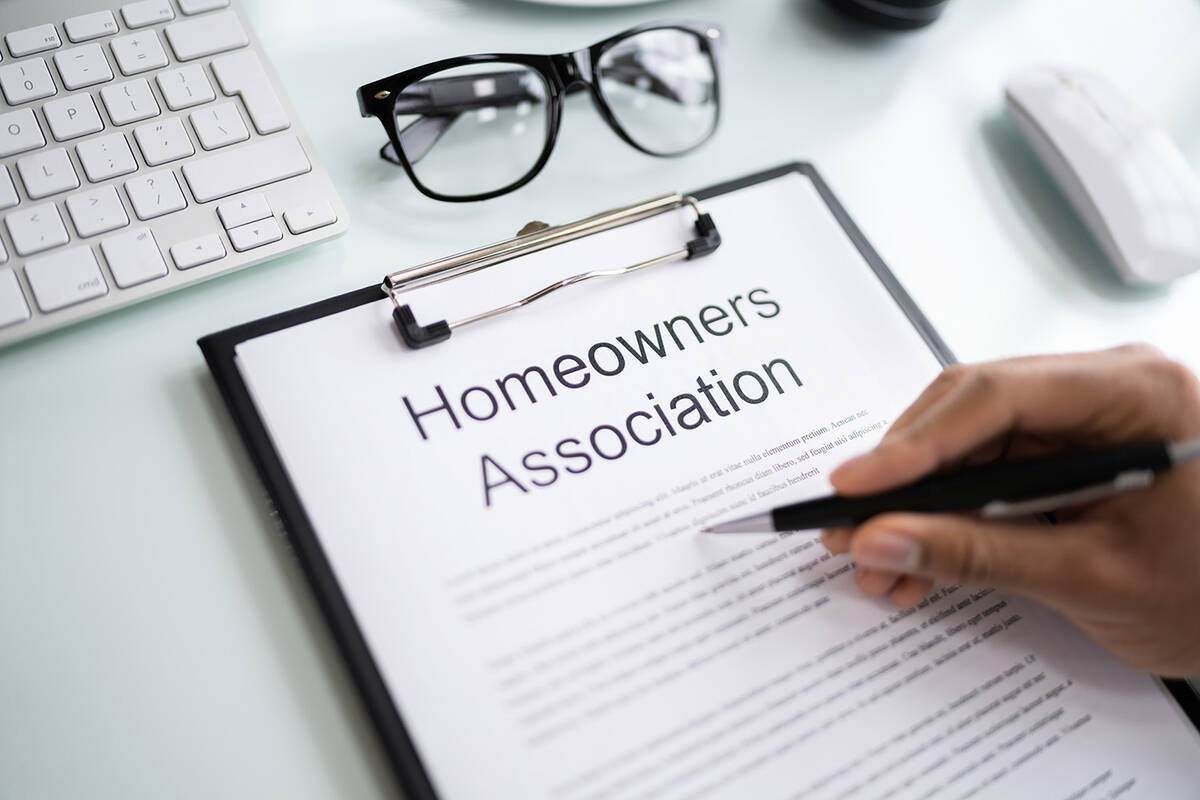Painting the house? Get HOA approval in writing
Q: I recently painted my home. Since there was no color scheme provided matching mine, I requested and received approval to use a color scheme that came closest.
To match the colors as closely as possible, I requested the names or numbers of the colors in the scheme but only received the name and line of the original paint, which didn’t help at all.
The management office instructed me to print a sample to use from the samples they had originally emailed to me, which I used during the entire color matching process.
After painting was completed, unfortunately, two elements were painted the wrong color, but were in the color palette I matched.
I sent clear color pictures of my home to the management company after painting asking for their input, expecting the two color errors might raise flags.
I waited six weeks and never heard from the management company or the homeowners association.
On the seventh week I received an undated complaint letter addressed: “To whom it may concern” from the HOA, noting what they consider a number of points they indicate are incorrect and that they want me to completely repaint my home!
I have documentation to defend myself on all points; however, after looking through our covenants, conditions and restrictions, I could find nothing on the time limit they are required to address problems after the job is completed, which I believe a homeowner should reasonably expect.
A: This is the third correspondence that I have received in less than two weeks pertaining to architectural requests. It is important for all homeowners to note that architectural requests follow a formal process that usually can be found in your covenants or in your architectural guidelines. You must follow the process. Associations normally have “x” amount of time to review your request and to approve, reject or ask for more information or modification of the request.
One of the issues that I am seeing is the paint colors. Many associations are revising their paint charts based on age of the community, ability to find the paint color or updating the paint colors for a more modern look. Under Nevada Revised Statures 116.12065, if there are any changes made to the governing documents of an association, the association shall, within 30 days after the change is made, deliver a copy of the change to the homeowners.
Before beginning the project at your home, you absolutely need something in writing approving your request. Verbal approvals don’t cut it. Don’t start the project without the written approval even it means that you need to sit on top of the management company or board to respond to your request.
Bring all of your documentation, note your timeline and if possible the person(s) that you contacted prior to painting the home. Based upon your comments and the information provided by the management company, the board should allow in this case a variance.
Q: I have a question regarding the legality of a homeowner (in this case an HOA board president), focusing a camera on their side wall that is pointed from her house into our backyard, and it can see into our main bedroom. I have made formal complaints to the management company, and they won’t take any action. What are my rights?
A: If the management company does not take any action, you have the option of contacting the Ombudsman Office at 702-486-4480 for assistance. You can file a formal complaint and ask that they investigate and take action.
I am not an expert in the following law, but you could contact the attorney general’s office as the monitoring appears to be against the law.
NRS 200.650: Unauthorized, surreptitious intrusion of privacy by listening device prohibited. Except as otherwise provided in NRS 179.410 to 179.515, inclusive, and 704.195, a person shall not intrude upon the privacy of other persons by surreptitiously listening to, monitoring or recording, or attempting to listen to, monitor or record, by means of any mechanical, electronic or other listening device, any private conversation engaged in by the other persons, or disclose the existence, content, substance, purport, effect or meaning of any conversation so listened to, monitored or recorded, unless authorized to do so by one of the persons engaging in the conversation.
(Added to NRS by 1957, 335; A 1973, 1749; 1989, 660) NRS 200.690 penalties.
1. A person who willfully and knowingly violates NRS 200.620 to 200.650, inclusive:
(a) Shall be punished for a category D felony as provided in NRS 193.130.
(b) Is liable to a person whose wire or oral communication is intercepted without his or her consent for:
(1) Actual damages or liquidated damages of $100 per day of violation but not less than $1,000, whichever is greater;
(2) Punitive damages; and
(3) His or her costs reasonably incurred in the action, including a reasonable attorney’s fee.
All of which may be recovered by civil action.
2. A good faith reliance by a public utility on a written request for interception by one party to a conversation is a complete defense to any civil or criminal action brought against the public utility on account of the interception. (Added to NRS by 1957, 336; A 1967, 474; 1973, 1749; 1995, 1195.)
Barbara Holland, CPM is an author, educator, expert witness on real estate issues pertaining to management and brokerage. Questions may be sent to holland744o@gmail.com.













